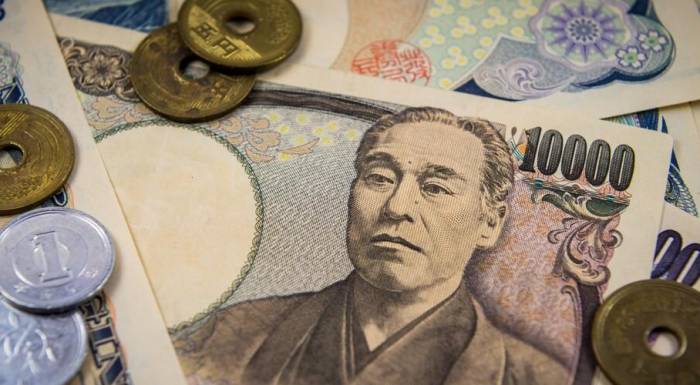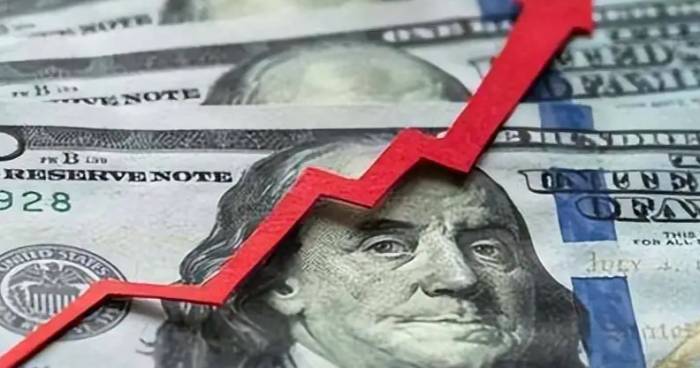In recent weeks, conversations about bull markets and revitalizing the stock market have become more numerous, accompanied by the introduction of relevant measures. This situation brings a sense of comfort to me, as it aligns with my longstanding calls for change—today's economic reforms in China have reached a pivotal moment, where it's time for the people to embrace a bull market akin to the one that began in the United States in the 1980s.
One undeniable truth is that our economic development is marked by significant imbalance, particularly within the capital markets. China has had its share of "crazy bull markets," but a more gradual, sustainable market has yet to emerge. This absence has left many feeling disillusioned, equating the stock market with a gambling den. As a result, many investors shy away from openly discussing their stock trading endeavors, as if they are engaging in a disreputable activity, even though they contribute immensely to the economy and bear their losses without causing social unrest.
Yet, it's crucial to understand that the stock market serves a purpose beyond mere fundraising; it should also be a channel for investors to grow their wealth and stimulate consumer spending. These two objectives must go hand in hand—while there is a push for increased consumption, the stock market should not be in disarray, for that creates a paradox. Ultimately, stimulating consumer spending relies on individuals having disposable income, which in turn requires a stock market that offers genuine profit opportunities. A market that continually induces losses can easily dampen consumers' willingness to spend.
The recent rise of barbecue culture in Zibo, China, which has gained significant popularity, can be attributed, in part, to affordability. These days, the idea of upscale seafood restaurants capturing the public's imagination seems far-fetched. A stroll through the city today reveals a plethora of dining establishments offering discounts and promotions; many restaurants struggle to remain in business without such incentives. This trend indirectly illustrates the collective mindfulness regarding finances, as earning potential diminishes for many.
Reflecting on the past, I recall the summer of 2014. Back then, many were profiting from the stock market, and it filled me with joy to receive messages from friends about their successes: "Mr. Zhang, XXX stock reached its limit today. I've made hundreds of thousands, and my family is going out for a seafood feast!" or "During the National Day holiday, my stock trading prowess made me a hero at home; my wife has never been kinder." The stock market had a palpable effect on consumer behavior, personal relationships, and even overall mental well-being.
Despite how distant these sentiments may now seem, they remain part of our recent history. I am hopeful that one day we may return to these more prosperous times. The psychology of earning money affects market dynamics and influences how individuals view spending. In simpler terms, if during a few months one has earned tens of thousands, will they not be more willing to spend? Conversely, if they've lost substantial sums, might they hold back on their expenditures?
The phenomenon of consumer downgrading often boils down to insufficient asset growth. Thus, it's the stock market that bears the potential to reinvigorate economic confidence and facilitate prosperity. Here in China, we do not lack financial resources; rather, we lack investment opportunities across various sectors. With the property market stagnating and various futures trading also struggling, a thriving stock market could attract funds like a magnet, leading to a virtuous cycle.
This principle echoes the actions of President Obama in the spring of 2009 when he encouraged people to buy stocks, alongside financial moguls like Warren Buffett advocating for the same. This shift resulted in the U.S. stock market leading the recovery out of recession, playing a critical role in revitalizing the American economy.
Such proactive measures resonate similarly with the stock market's potential. While some problems may not be entirely rooted in rewards, it's clear that incentivizing good behavior is essential for impeding negative activities like fraud or insider trading. A robust bull market can thrive under these circumstances, where the wrongdoers face severe ramifications while active market participants enjoy positive earnings.
To restore confidence in the stock market, there are simple yet effective strategies that can be implemented:
Reduce stamp duty.
Strengthen delisting measures and establish sound compensation mechanisms.
Impose strict regulations on stock selling, particularly prohibiting sales during loss periods.
Ultimately, these three strategies are not particularly problematic; if executed carefully and decisively, they should bolster investor confidence. Such measures would promote more long-term capital influx into the market and enhance China's attractiveness and vitality. This, in turn, could lead to a revival in consumption and domestic demand, channeling investments into technological and societal advancement seamlessly.
Should the general stock index rise steadily over the next few years, with moderate growth—perhaps a two to three hundred-point yearly increase—while individual stocks exhibit vibrant and healthy fluctuations, we would witness the emergence of a "slow bull market," which would benefit nearly everyone involved.
This process will undoubtedly refine the skills of investors as a true long-term bull market is a gradual ascent. Navigating through such a structured market requires patience and strategy, which might leave many who invested in real estate in cities like Beijing, Shanghai, Guangzhou, and Shenzhen, experiencing 10 to 20 times returns, contemplating their opportunities in the stock market over the next decade.
One of the reasons why many lose money in the stock market is due to irrationally sharp index spikes. This is often why seasoned markets display a tendency to rise more gradually—the modest expectations create a climate of satisfaction for investors, rendering them more likely to hold onto their stocks longer (and, ideally, safeguarding small investors' interests).
If today’s stock market is leaping 60 points here, 80 points there, and then another 100 points, what do you expect to happen when it levels off? An overabundance of such rapid gains would lead to inevitable discontent. Instead, a smoother trajectory—perhaps starting at 12000, moving to 13000, then 14000, before an occasional slip to 13989—creates opportunities for satisfaction and mitigates the potential losses that erratic shifts bring to the average investor. This approach effectively protects retail investors.
In a mature market, excessive gambling tendencies are counterproductive. Emotional volatility should also be managed. Simply put, mature investors must act with prudence and foresight.
The term "bull market" is not simply whimsical; it symbolizes grace and steadiness, much like the bull's calm march. We hope that China’s bull market embodies elegance and longevity.






























Comments (0)
Leave a Comment